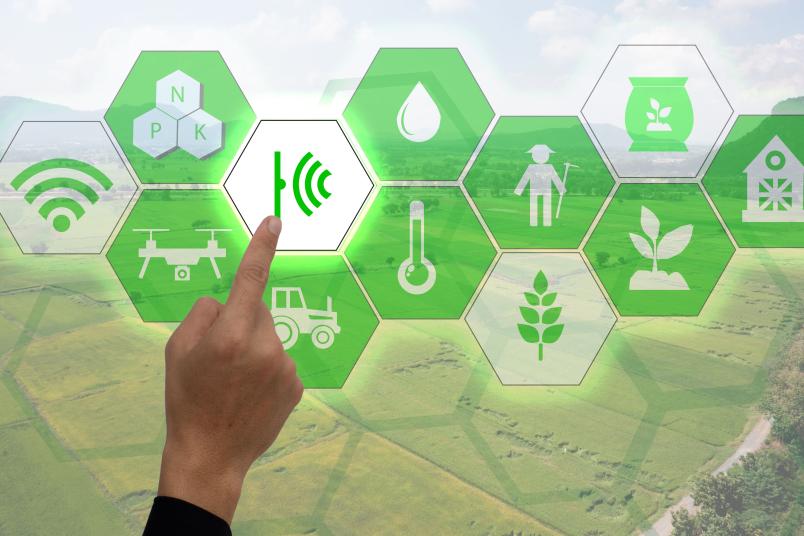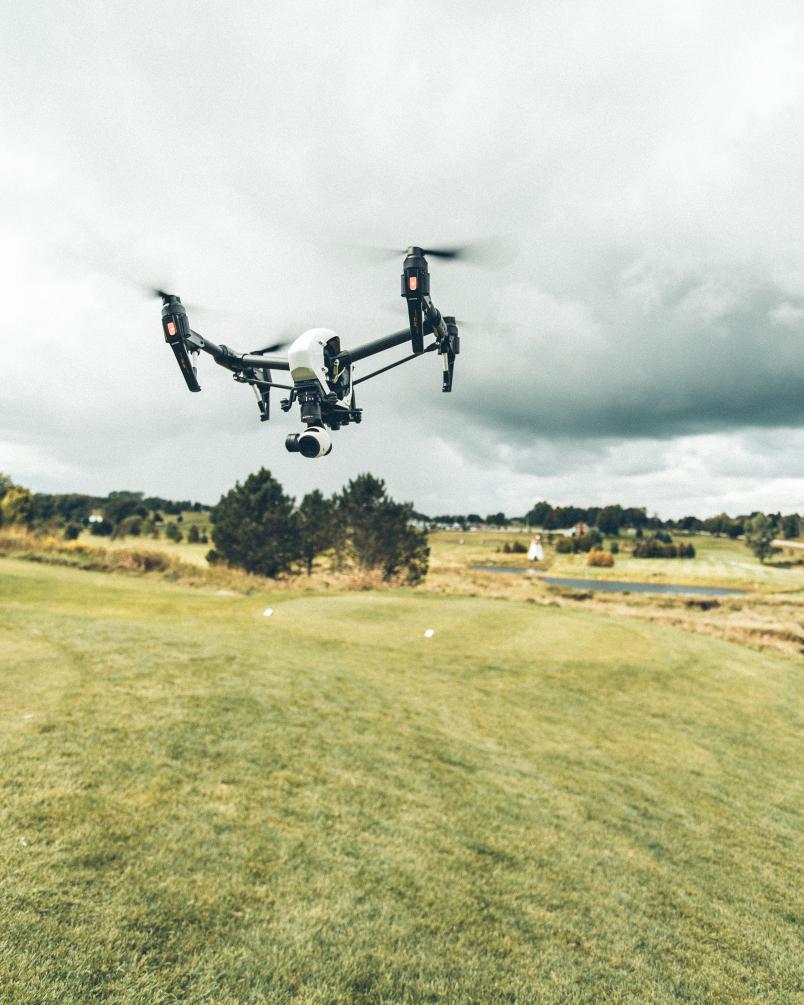
The curriculum is structured into three phases:
- Foundational Knowledge: you will first integrate the knowledge gained during your undergraduate studies with complementary courses necessary to approach the specialized topics in the program. For example, a graduate in Electronic Engineering will acquire knowledge in organic and environmental chemistry, sustainability and safety, hydraulics, and hydrology, while a graduate in Environmental Engineering will require some training in electrical and electronic systems and in some programming languages. All students will learn the basics of agronomic sciences.
- Core Disciplines: including:
- Sensors, data transmission, and IoT (Internet of Things) approaches applied to precision agriculture.
- Mechanics and mechatronics applied to agriculture.
- Sustainable water resource management.
- Safety, regulations, and policies of agricultural production.
- Management approaches applied to technological innovation in agriculture.
- Soil physical-chemical parameters measurement and mapping at different scales.
- Recycling, reuse, and valorisation of agricultural by-products (both in material and energy terms).
- Specialization: In the final part of the program, you will have the opportunity to choose elective courses and/or pursue an internship or a challenge, as well as work on your final thesis. You will focus on topics of personal interest and gain hands-on experience.

Teaching activities are designed in line with the Learning by Doing paradigm of modern education, combining theory with practice.
You will engage in:
- Lectures, to learn the fundamentals of the covered topics
- Classroom and laboratory exercises, where you will work on specific projects, often in team. This will not only help consolidate the knowledge learned in class but also enable you to interact with peers from different academic backgrounds, broadening your multidisciplinary perspective.
- Field technical visits, to collect data and observe the practical implementation of technologies and procedures learned in class, at a commercial level.
- Seminars led by international experts and delegates from companies working in the Agritech sector, providing insights on trends and innovations in the field.
You will also have the opportunity to enhance your training with a curricular or extracurricular internships, an international experience through the Erasmus+ program, or by completing your thesis at a foreign university or company. Finally, you can further develop your skills in innovative design and teamwork by participating in challenges and student teams.
The students of OndeQuadre interview Prof. Demarchi, one of the founders of the master's degree, to understand how the study program was created and what highly sought-after professional figure this degree will shape. (Podcast in italian)